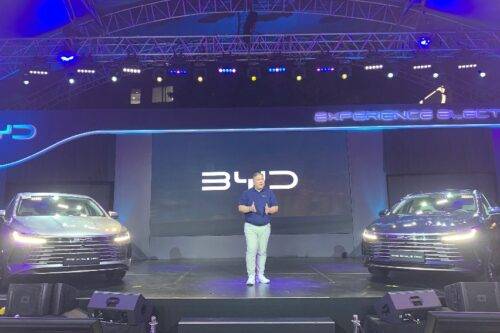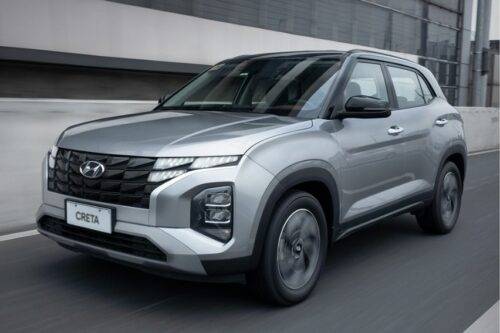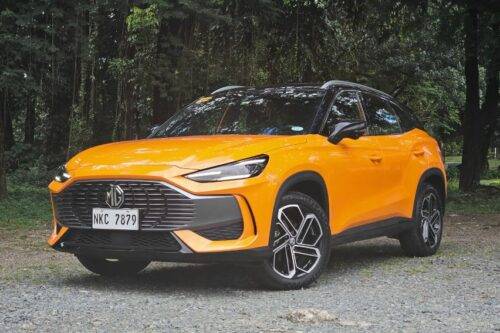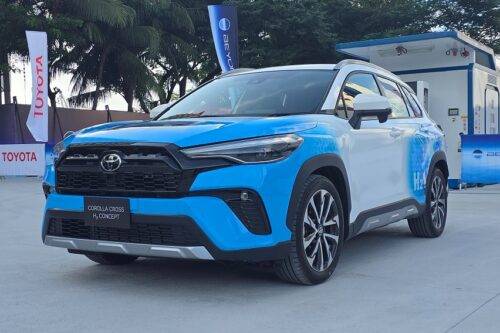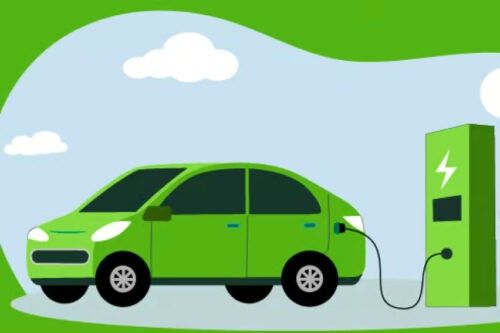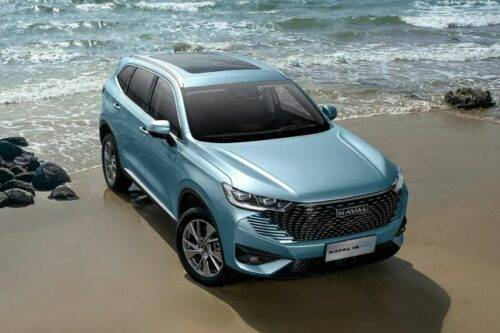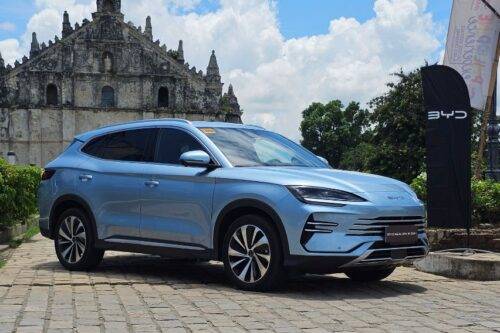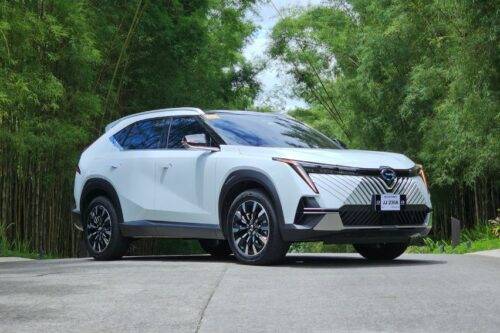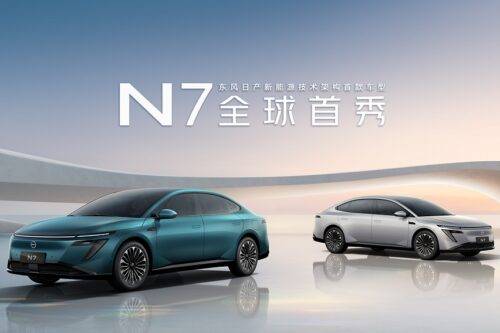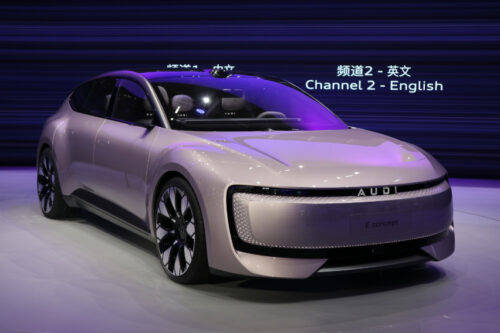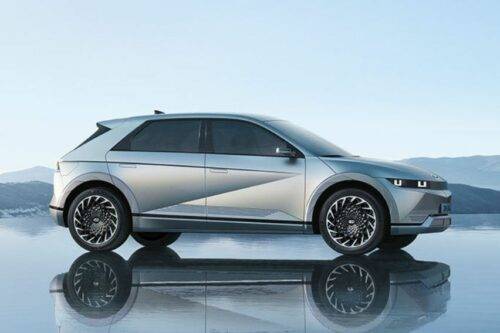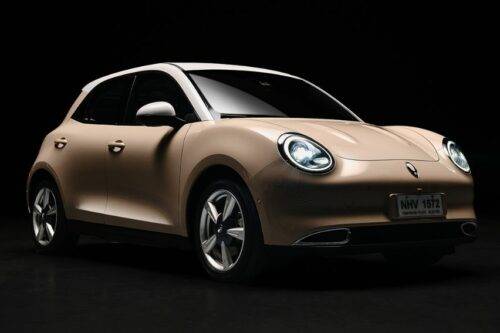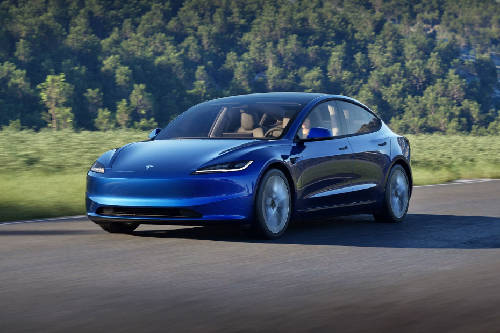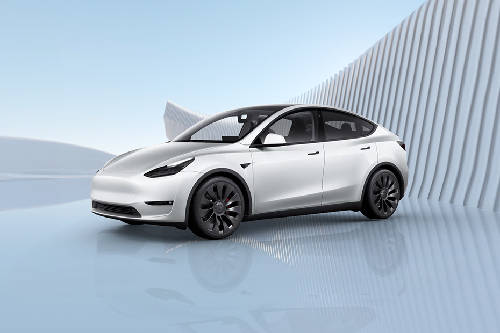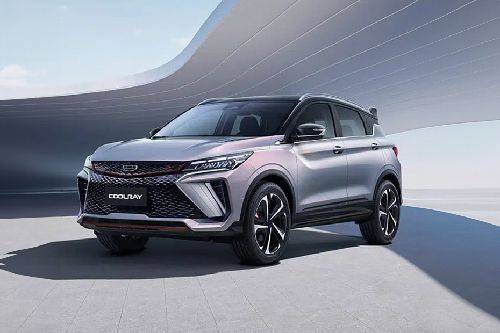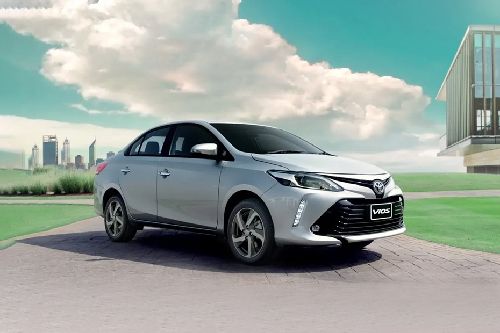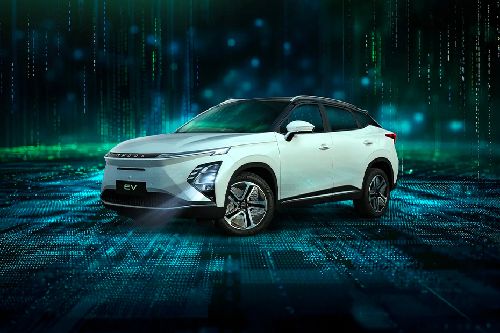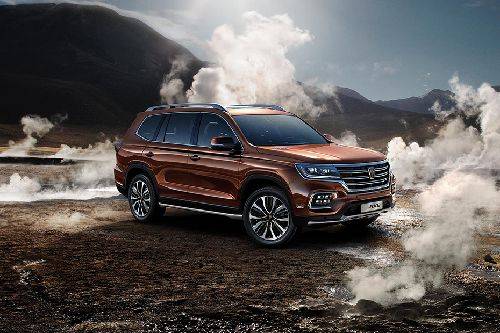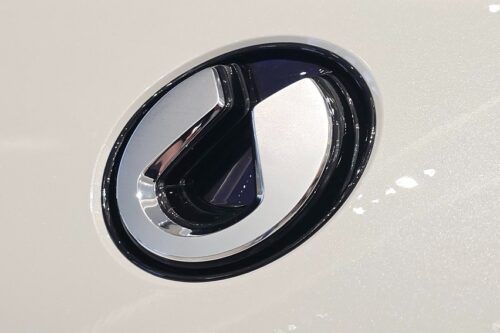Future proofing: Tips to maintain EV health
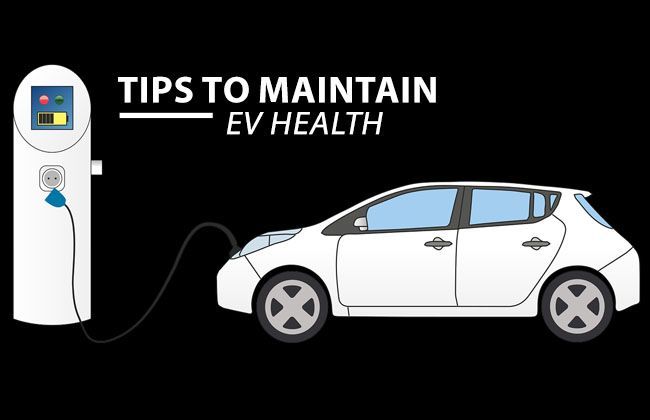
Electrification has already taken over the auto market as more and more people are much interested in buying electric vehicles. For most of them, it is also a way to safeguard from the rocket high fuel prices and at the same time, they are trying to contribute their bit to the environment. Amidst all this, one question that prevails is how one should take good care of their electric vehicles. As a stated fact, EVs are undoubtedly much easier to maintain as compared to cars that run on conventional engines. Cars hauled by internal combustion engines have almost a hundred parts to take care of, while EV motors have just two.
Let’s throw some light on considerations that one should keep in mind, so as to keep the EV’s running beyond the expected lifetime.
Take care of the electric motor
Electric car motors do not require the same level of maintenance as needed for a conventional fuel-powered car. You do not need to take care of your electric vehicle as you do for the internal combustion engines, like changing the oil on a timely basis and replacing the spark plugs. But, take a sigh of relief because EVs do not require such rigorous follow-ups, but at the same time do not overlook the minimum maintenance required. To keep your EV healthy and running, get it serviced at proper schedules. Take your EV to a technician with requisite experience in dealing with electric motors and work on any technical glitches.
Brake maintenance
Electric Vehicles use regenerative braking which helps keep the brake pads in good working condition, for a longer duration. In most cases, regenerative brake pads need to be replaced less than twice as compared to the conventional ICE. When you apply the brakes on an electric car, the kinetic energy gets converted into electricity which helps to power the vehicle. This is quite impressive to know that such a process does work with electric vehicles, however, you should not entirely avoid servicing the brakes.
Watch your speed
When the flow of traffic allows, try to drive slower as this will help conserve energy used from your battery. Conserving energy helps the battery of electric vehicles to run longer. At the same time, this also prevents sudden slamming of brakes. It is not always possible to drive slower but can try planning your route beforehand so as to avoid heavy traffic routes. This could be a smart alternative to driving fast and then having to spend hours recharging because you end up with draining the battery down too fast.
Don’t overcharge your EV’s battery
Whether it is a force of habit or you just believe getting a full charge will allow longer commute time, with lithium batteries, it is best to charge to around 80% rather than getting a full charge. When you charge your battery to 80%, the balance 20% is used when regenerative braking produces kinetic energy. Overcharging the battery unit could prove to be fatal for the battery. Also, never leave the battery with little or no charge for a prolonged period. Zero-charge can also negatively impact an EV battery’s health. Do not leave your car’s battery with just a small amount of charge, for more than two weeks.
Limit quick-charging slots
Using quick charge to charge your EV battery seems like a great way to keep going when you are in a hurry to reach your destination but every time you use a quick charge, it takes a little life away from the battery.
Let’s put it this way, when you charge for eight years, your battery might show at least 80% left in it. Charging with a quick charge for all those years can decrease your battery life down to 70% or lower in the same amount of time. Though this may not seem to you as a major difference, it isn’t bad if your battery lasts for a few more years and saves you from spending a huge amount for its replacement. Not much to think about but overnight recharging is the most preferred option by the majority of EV owners and is also the most optimal one.
Check the tires regularly
EVs produce instant torque. This may adversely impact the tires, over a period of time. Unlike conventional cars, EVs don’t have any engine noise that can by default cover the noise of aged tires and hitting hard on the road. When that happens, the tire noise intrudes into the EV cabin and may spoil your driving pleasure. So, the best way is to get your tires regularly inspected and get them aligned. In case you need to replace or buy new tires, prefer the ones specially designed for electric cars.
Check the fluids
EVs have a much shorter list of fluids as compared to internal combustion engines. Still, there are certain fluids that you need to monitor, to keep the EV healthy and running. EVs have a thermal management system and its coolant needs to be refilled on a timely basis. Besides that, electric cars have windscreen washer and brake fluids and those also need to be topped up from time to time.
The upkeep and maintenance work of electric vehicles is very basic and a little caution can save you from huge costs of battery replacement and other ancillary expenses. If you properly take care of your electric car, you can enjoy a trouble-free experience for a much longer time as compared to conventional fossil-fuel-powered cars.
Also read: EV vs Regular Combustion Engine
Sell your car at the best price
 Verified and genuine buyers
Verified and genuine buyers
PIMS 2024
- Latest
- Popular
You might also be interested in
- News
- Featured Stories
- Latest
- Upcoming
- Popular
Latest Car Videos on Zigwheels

Car Articles From Carmudi
- journal
- advice
- financing
- insurance






